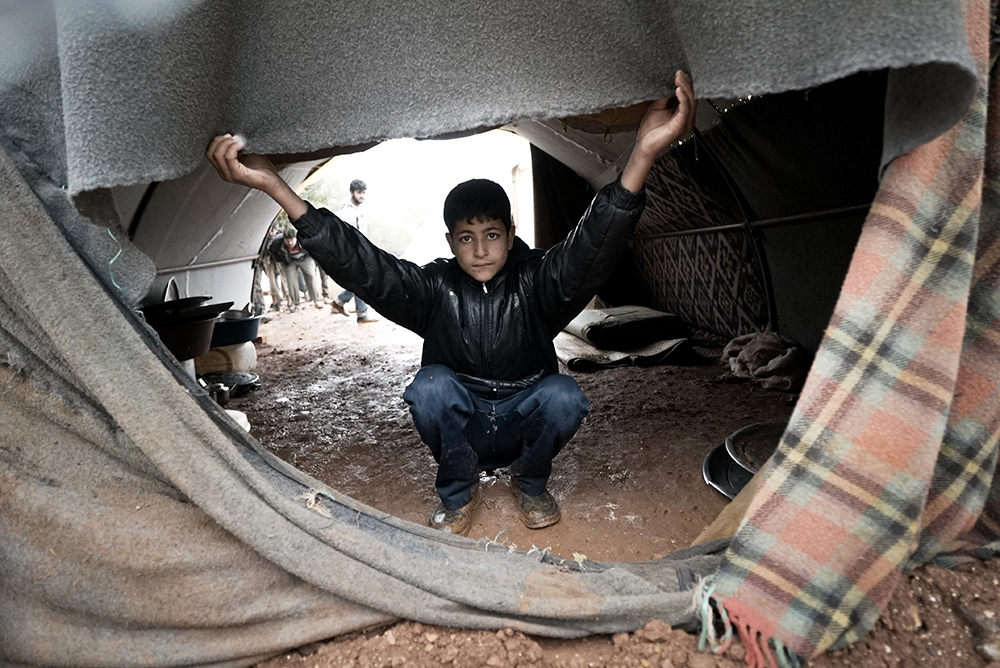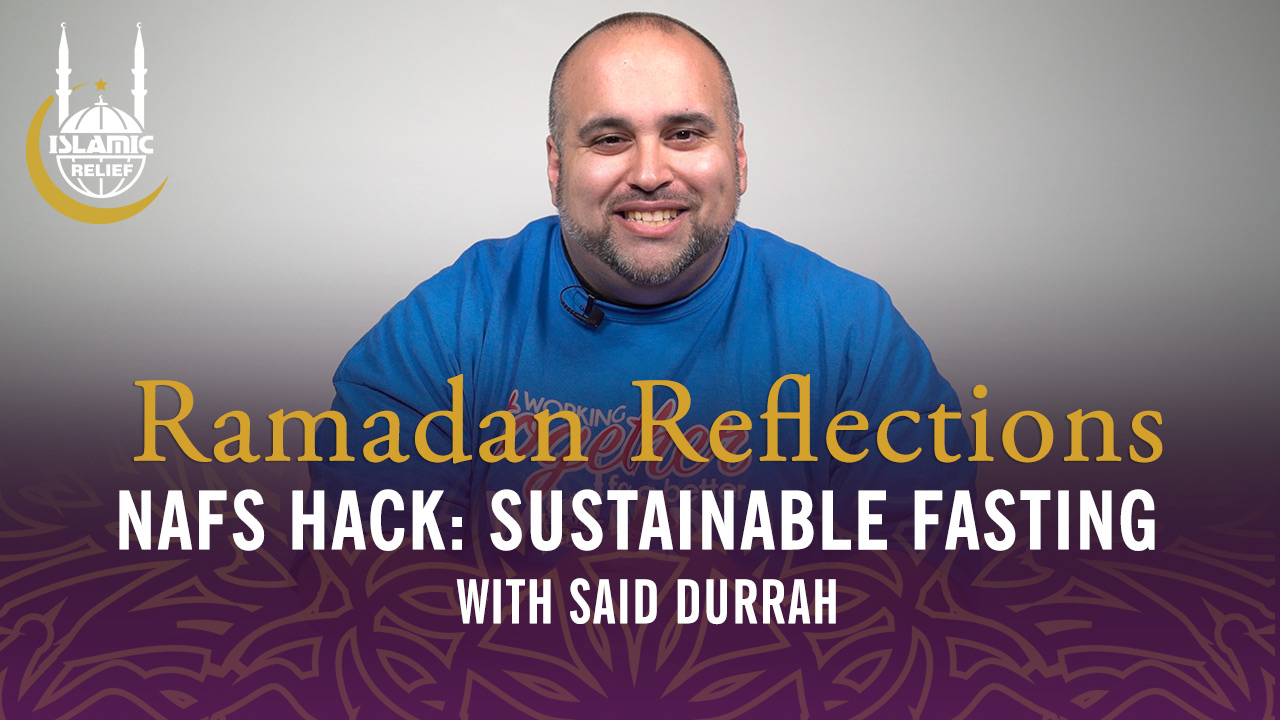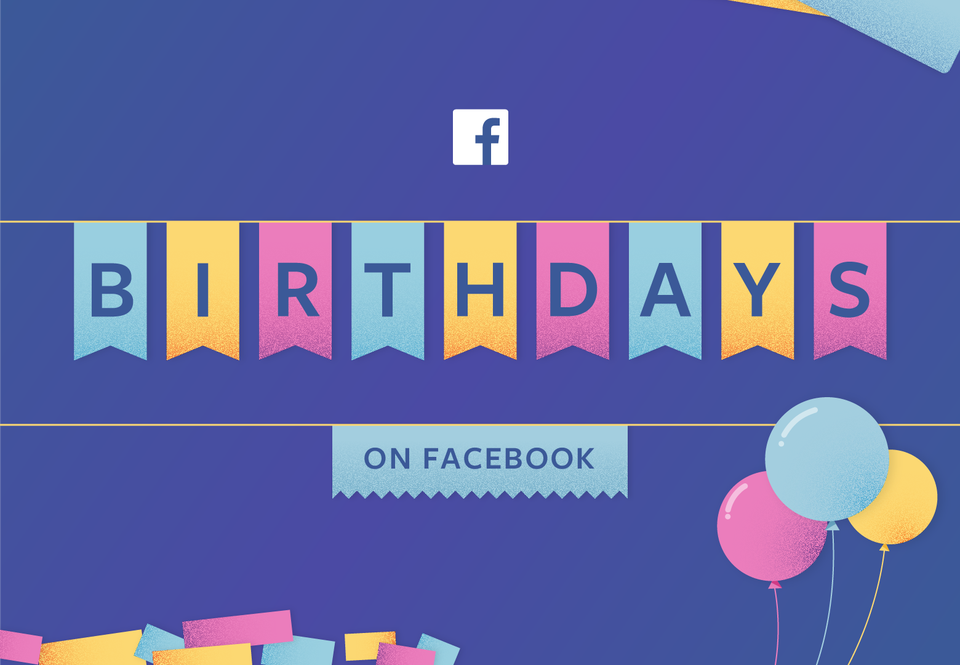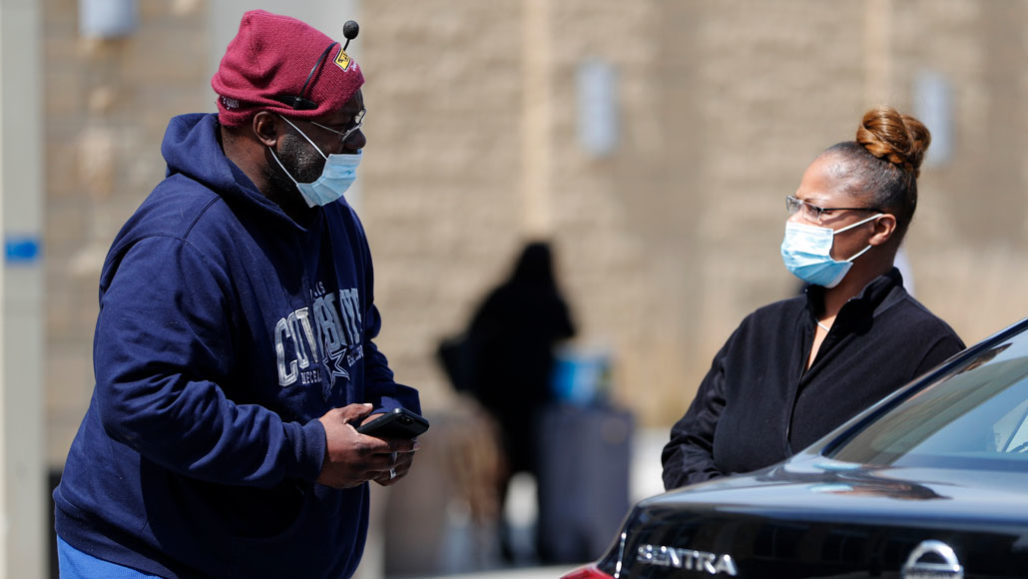
Racism as a Public Health Crisis
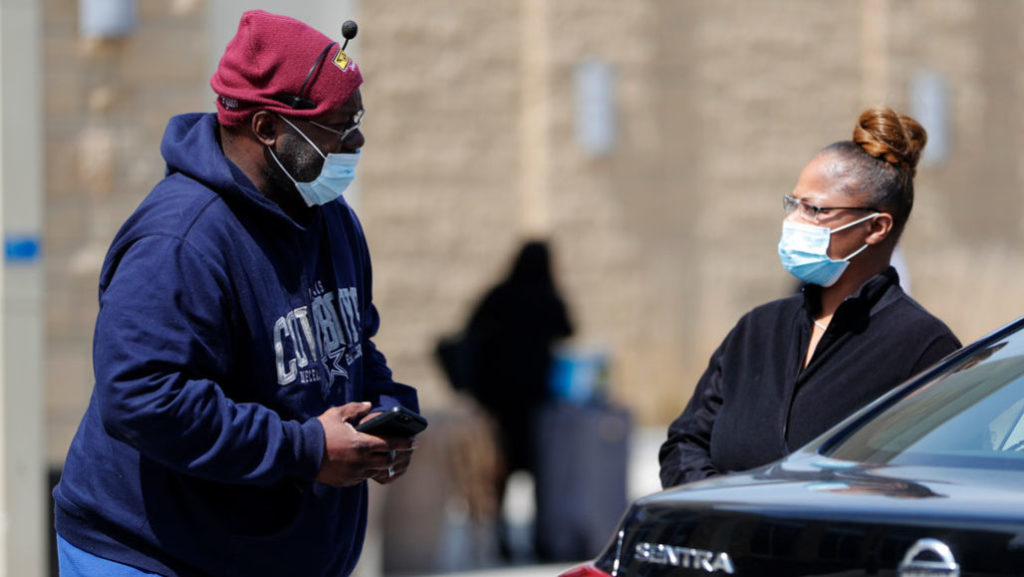
Health experts weigh-in structural racism’s brutal effects
The disproportionate number of people from racial minority groups who’re suffering –and dying–from the coronavirus pandemic is hardly a surprise.
In fact, accoriding to one expert, Kameelah Mu’Min Rashad of the Muslim Foundation, the health care disparities experienced by them are linked to systemic racism.
“They are always intertwined,” she said.
Simply put, it’s a pandemic within a pandemic.
That was just one of the revelations expressed during Islamic Relief USA’s webinar “Racism as a Public Health Crisis,” on Jan. 19. Along with Rashad, the 80-minute session featured Dr. Abdul El-Sayed, a Michigan-based epidemiologist who has frequently appeared on CNN.
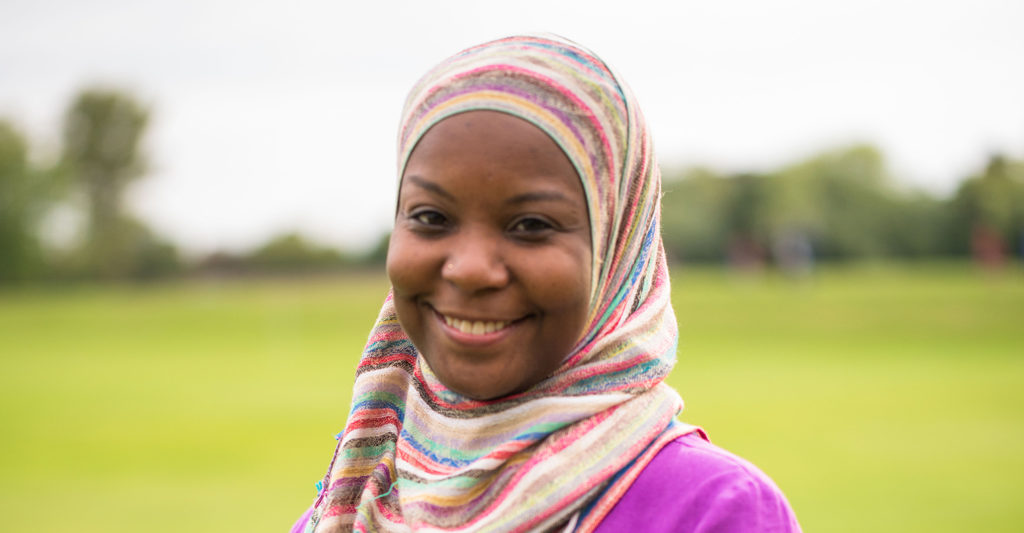
‘Cumulative Deprioritization’
More than 400,000 people in the United States have died from Covid-19, the disease caused by the novel coronavirus. About one in 735 Black people have died from it. Among Whites, it is one for every 1,035 people.
Part of the reason why Blacks are making up a larger portion of the deaths is because of what Dr. Tamorah Lewis described as “cumulative deprioritization.” Some doctors’ underlying racism, along with implicit and deep subconscious beliefs can come out in the form of microaggressions, among other counterproductive behaviours against their Black patients
The ultimate result: poor health care.
“It leads to a minimizing of symptoms,” Rashad said. “There needs to be a sensitivity and systemic change at all levels…to combat those factors.”
“It has everything to do with the state of our society,” El-Sayed said.
He mentioned a 2005 study co-authored by David Sacher, who served as surgeon general in the Clinton Administration. Among other things, it found that if the level of treatment for Black residents was on par with the kind given to Whites, some 85,000 Black lives could be saved each year.
El-Sayed said a clinic in a predominantly minority neighborhood is less likely to be adequately funded, resulting in low-quality care. That, combined with other inequalities resulting from government policies, have resulted in structural disadvantages in health care.
“They were being pummeled by society,” he said. “It’s not about race. It’s about racism.
“Racism compounds itself,” he continued. “ It shapes health outcomes. It has less to do with the character of the individuals themselves than how society treats them.”
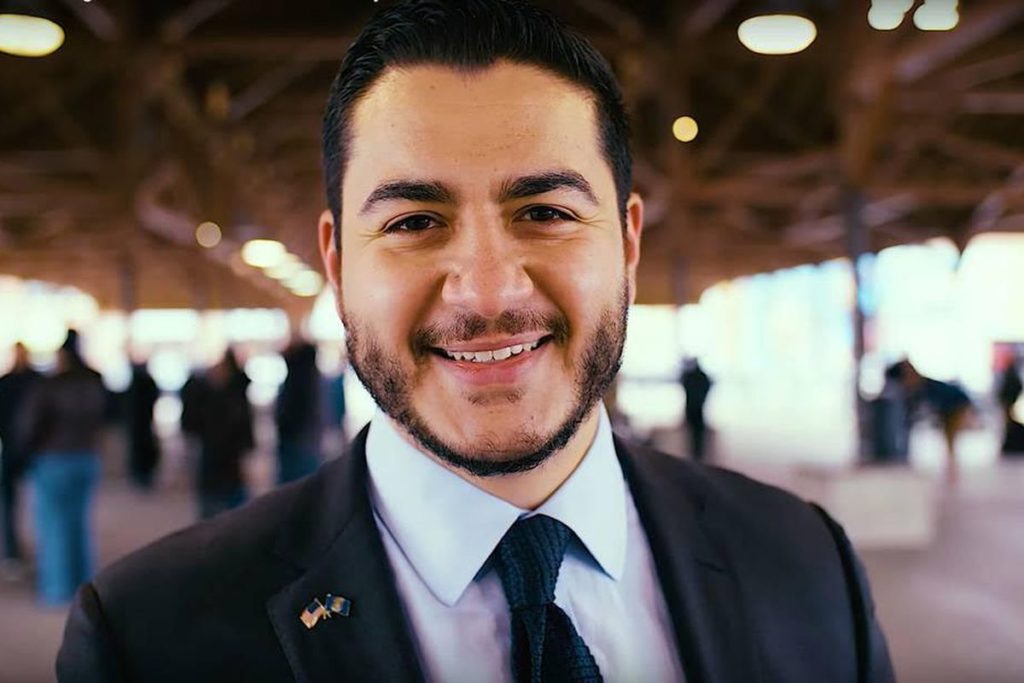
Actual Mistreatment
One woman, a teacher named Rana Zoe Mungin, was denied medical care three times despite suffering from coronavirus, as medical professionals dismissed it as a panic attack. The results were grim; she died at just age 30.
Even Black medical professionals who’ve come down with the virus aren’t immune from mistreatment. Last year, one Black doctor, Dr. Susan Moore, had documented her experience in a video while in a Carmel, Indiana hospital after being admitted for the coronavirus. She said the doctor treating her made her feel like a “drug addict.”
Another doctor, Qaali Hussein, a trauma surgeon, publicly wondered what level of treatment would have been afforded to her children, had she not been a physician herself.
In addition to environmental toxins, which tend to be more prevalent in predominantly minority neighborhoods, and likely to result in more illnesses, social toxins,such as white supremacy and bigotry pose similar threats to health care access.
What Can We Do?
While there are no quick solutions to these longstanding problems, both experts stressed the need to continue being on guard and practicing all public health guidelines to ward off the coronavirus.
“Even if we vaccinate everyone today, it would be a month and a half before we’re truly protected,” he said about the vaccines’ efficacy. “[This] is the worst moment of the pandemic.”
While both acknowledged the slower-than-anticipated rollout of the vaccines has been disappointing, it is still up to communities at the local level, such as religious leaders, to develop relationships with political and health officials, both at the state and local levels. These bonds can help foster progress in shared goals, such faster vaccination of vulnerable populations.
“The faster everyone gets vaccinated, the faster the virus runs out of space”
